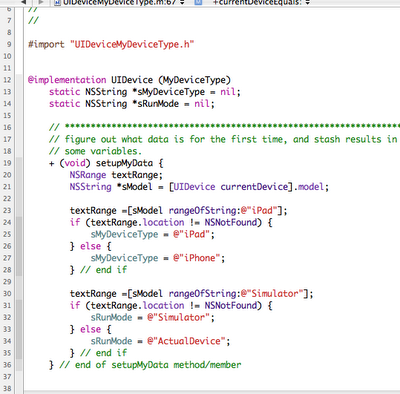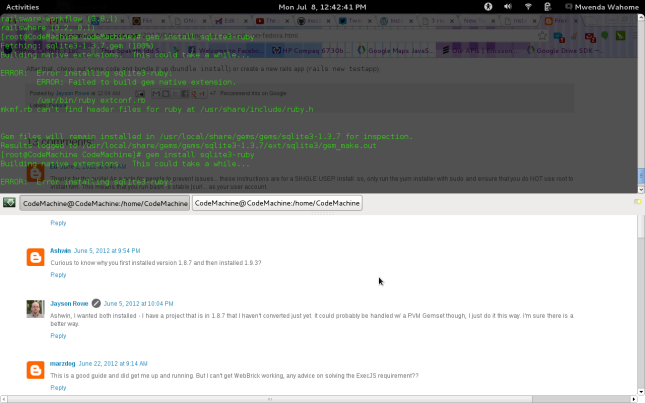This list is purely based on my personal experience as a coder,these are primarily the code languages that I have been asked to demonstrate,develop in or mentor.
Java certainly has its critics, not to mention some well-publicized security issues. I believe they still tech this language in Campo, can’t possibly hurt that Google uses Java as the basis for Android application development, a sector that isn’t likely to slowdown anytime soon.
2.Python
Python is a general purpose programming language that can be used in a variety of ways. Known for its clean and efficient code, Python is used by players as notable as Google and NASA. It’s also what Dropbox is written in. In fact, the technology is so important to Dropbox that the company hired Python author Guido van Rossum away from Google late last year.
3.PHP
PHP is huge. The open source, server-side scripting language runs on more than 20 million websites and powers high-profile sites we deal with every day, including Facebook and Wikipedia. Any blog, news site or other website built using WordPress or Drupal is making use of PHP as well. It’s all over the Web, even if you can’t see it by clicking “view source.”
4.Ruby
I don’t have a lot of working knowledge of Ruby,I started learning it 2 weeks ago ( see here). However It may be almost 20 years old, but the object-oriented scripting language is still going strong. After existing for years as a general purpose programming language, Ruby got a huge bump from the advent of Ruby on Rails, the hyper-popular Web development framework. Since the rise of Rails, the two have practically become synonymous, but Ruby has plenty of applications as a general scripting language
5.Objective C
It’s the core of development for both of Apple’s operating systems. Its roots in Mac OS X go back to Steve Jobs’ days at NeXT and it’s at the heart of iOS and all their apps. If you are interested into going this way Then this is a language I would suggest you pursue











